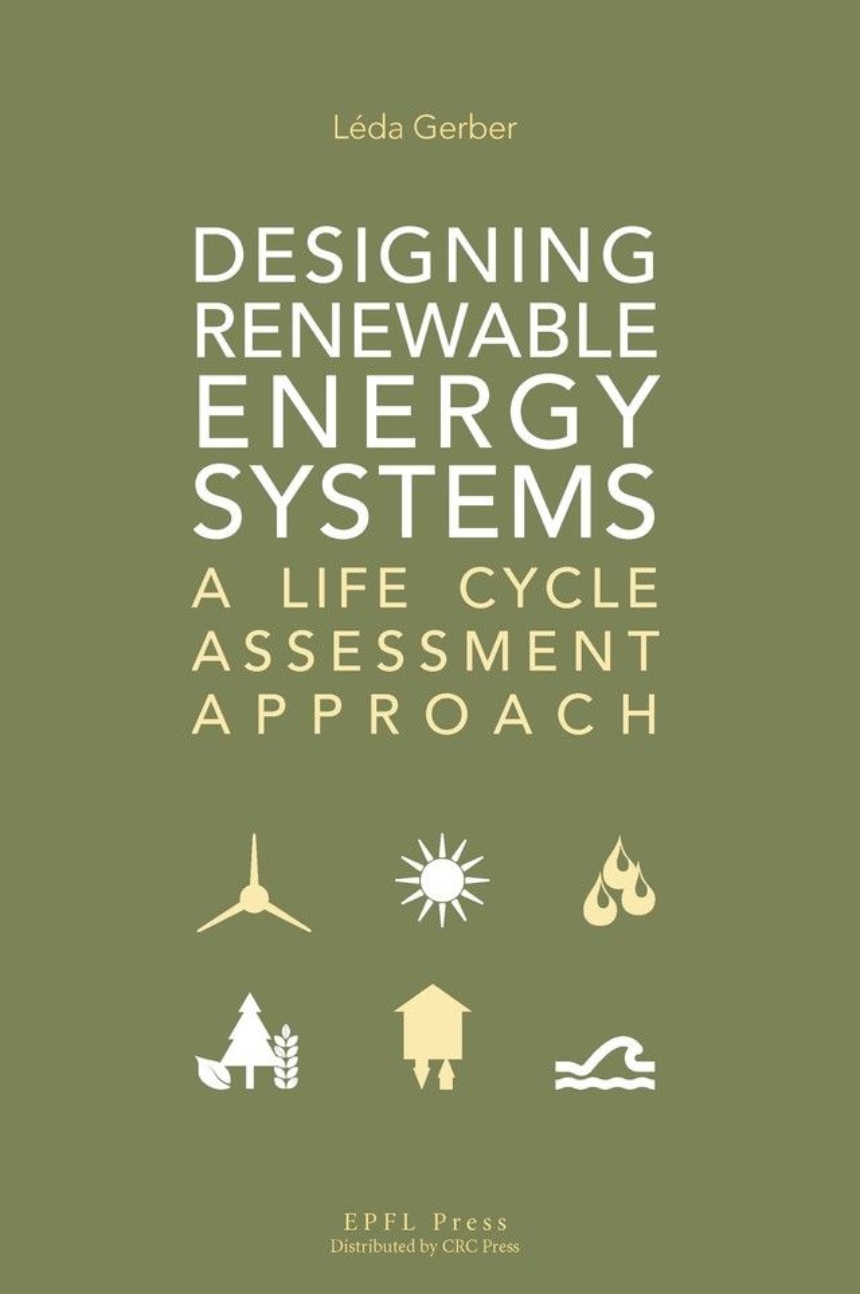Life Cycle Assessment is an invaluable decision tool for the environmental aspects of products and services, so much so that it has been standardized (ISO 14040). It is also recognized as the best method to access environmental impacts of technologies using renewable energy since it considers emissions accumulated in their production and disposal-not just operation. But how can LCA be employed to ascertain the economic and environmental cost of establishing emerging renewable energy processes? Léda Gerber describes how by incorporating environmental factors, energy considerations, and economic costs a quantitative model can be established to optimize processes. This multi-objective optimization approach in LCA allows the flexible construction of comprehensive Pareto fronts to help understand the weightings and relative importance of its elements. She elaborates and develops her methodology to demonstrate its utility and generality with its application to the pertinent topics of thermochemical wood conversion, deep geothermal energy, and regional energy planning. This book is relevant for researchers and engineers in the energy and environment sectors and especially for those concerned with the management and design of renewable energy systems.
224 pages | 6 1/4 x 9 1/2 | © 2014
Table of Contents
Chapter 1 Introduction Chapter 2 Methodology - 2.1 Computational framework - 2.2 LCA methodology integration - 2.3 Industrial ecology and supply chain synthesis Chapter 3 Case study I: Thermochemical wood conversion - 3.1 Combined SNG, heat and electricity production from lignocellulosic biomass - 3.2 Models description - 3.3 Comparison with conventional LCA - 3.4 Environomic optimal configurations - 3.5 Conclusions on thermochemical wood conversion Chapter 4 Case study II: Enhanced Geothermal Systems - 4.1 Geothermal cogeneration systems - 4.2 Models description - 4.3 Environomic optimal configurations - 4.4 Conclusions on geothermal systems Chapter 5 Case Study III: Urban systems - 5.1 Industrial ecology applied to urban systems - 5.2 Models description - 5.3 Environomic optimal configurations - 5.4 Conclusions on urban systems Chapter 6 Conclusions Annex A ecoinvent equivalences Annex B Configurations for thermochemical wood conversion Annex C Configurations for EGS Annex D Simplified models for urban systems Annex E Configurations for urban systems
